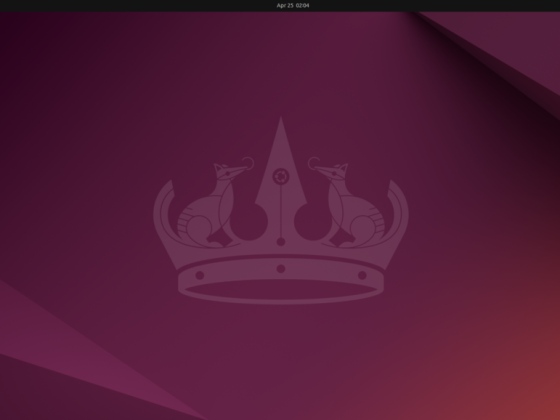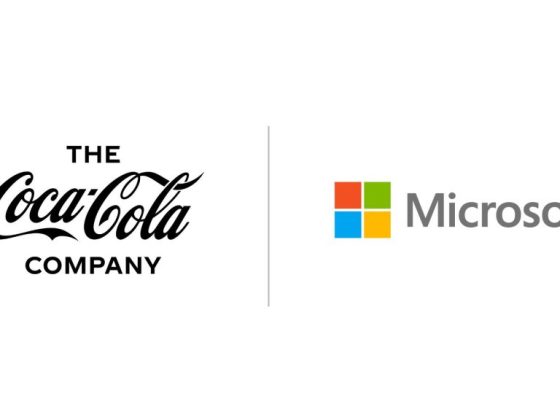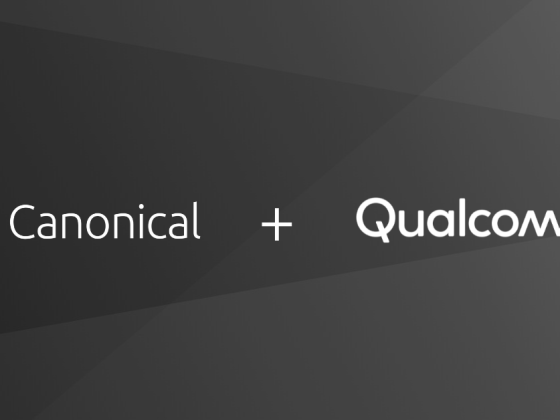Many predicted this would be the biggest Black Friday/Cyber Monday (BFCM) weekend ever recorded. And it looks like those predictions were right — especially for independent and direct to consumer (DTC) brands. Shopify, a leading provider of essential internet infrastructure for commerce, works with more than 1.7 million merchants worldwide. Over the course of the long weekend, the company’s merchants welcomed a record number of consumers purchasing from independent and DTC brands (47 million globally) and drove $6.3 billion in global sales for a 23% increase y/y (up from $5.1 billion in global sales in 2020). These results are incredible on their own, and even more so when we remember that these increases are on top of last year’s pandemic-fueled shift to online shopping.
But what does it take to handle this type of scale? Noted across the industry for their innovative approaches to peak time shopping solutions, Shopify engineers are leveraging Google services to enhance performance for merchants and shoppers like never before.
From our partners:
Shopify engineers are showing commerce how big event performance is done
Shopify knows how critical peak seasons are for its merchants. With peak sales of more than $3.1 million per minute at 12:02 PM EST on Black Friday, November 26, Shopify leverages one of the most skilled teams of engineers to develop pioneering tools that improve scalability and velocity for merchants.
“Achieving a record-breaking sales weekend for BFCM 2021 is only possible with an infrastructure that’s built for performance and scale,” said Delaney Manders, VP of Engineering for Shopify. “With the incredible collaboration between Shopify engineering and Google Cloud, we averaged about 30TB/min of egress traffic across our infrastructure and helped our merchants deliver near-perfect uptime for their consumers during peak sales periods.”
Through customer experience and operational optimization tools designed with Google Cloud services, Shopify delivers streamlined and reliable performance for merchants and consumers during high traffic events. With tools like Shopify Inbox and Shop Pay, Shopify engineers have designed some of the finest merchant and consumer experience optimization tools in commerce. Through their solutions, Shopify engineers work smarter, not harder, and enable merchants to meet peak event demand without added hassle or stress. Black Friday/Cyber Monday may be the event of the season for many Shopify merchants but the massive scalability, low latency, and optimized uptime make high traffic and high risk events as easy to execute as any other day.
From the merchant, to the backend, to the consumer, Shopify’s engineers have developed tools to optimize performance for merchants and shoppers, while simplifying their workloads. With these approaches, big event days at Shopify go as smoothly as any other.
Shop Pay takes the lines (and the forms) out of shopping
For the end customer, a time-consuming checkout experience can easily discourage or delay a purchase. When it comes to big events like Black Friday/Cyber Monday, Shopify recognizes the particular significance of an intelligent and seamless checkout experience. The company’s engineers developed Shop Pay, a solution that helps accelerate the purchase process. In addition to supporting faster checkout, Shop Pay also personalizes the shopping experience by remembering a shopper’s preferences and encrypting everything for optimal safety.
Shopify’s data shows that Shop Pay increases checkout speed by 4x. Following an analysis of 10,000 of its largest merchants, Shopify found merchants who enabled Shop Pay had an average checkout-to-order rate 1.72x times higher than those going through regular checkouts. This innovation in platform performance significantly increased growth and retention for merchants.
Shop Mover gets the backend ready for a crowd
To keep operations as agile and modern as possible, Shopify developed and open sourced a general purpose MySQL data migration tool, Ghostferry. Supported by Google Cloud services, Ghostferry moves data across different MySQL instances while the application is still running and with minimal downtime (<5 seconds). Shopify’s Shop Mover is built on top of Ghostferry and Google Cloud services, enabling load-balancing of data shards across multiple databases. In addition to being the tool used for the initial migration out of Shopify’s data centers and into Google Cloud, Shop Mover now moves hundreds of thousands of shops every year and is a reason Shopify merchants could handle the high volume of BFCM 2021. Shopify’s global reach means better deals for merchants and shoppers.
To expand access to new regions while optimizing platform performance for merchants, Shopify engineers leveraged the global infrastructure of Google Cloud. Shopify supports merchants from around the world with Google Cloud’s network of 25 regions and 76 availability zones. With lower latency and higher reliability, performance is optimized for shoppers and merchants around the world. Through its partnership with Google, Shopify engineers are leveraging Global Virtual Private Cloud (VPC) to streamline the writing and deployment of applications that span multiple regions, and in-country disaster recovery which helps Shopify maintain business continuity across the globe.
The culture of creativity, scale, and velocity among Shopify’s engineering team continues to drive exciting solutions for enhanced peak event performances. Backed by fresh approaches to improving the customer experience and streamlining operations at scale, Shopify engineers can expect a streamlined workday and merchants can confidently deliver for shoppers without a hassle. And this translates to a better holiday shopping experience for merchants and shoppers alike.
By: Adrian Otto (Technical Director, Office of the CTO, Google Cloud Platform)
Source: Google Cloud Blog
For enquiries, product placements, sponsorships, and collaborations, connect with us at [email protected]. We'd love to hear from you!
Our humans need coffee too! Your support is highly appreciated, thank you!









